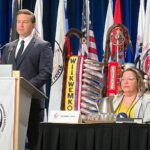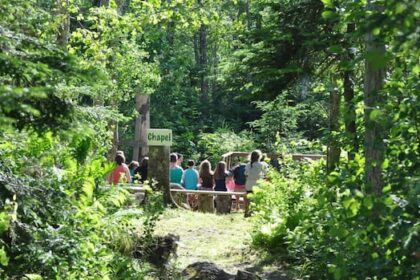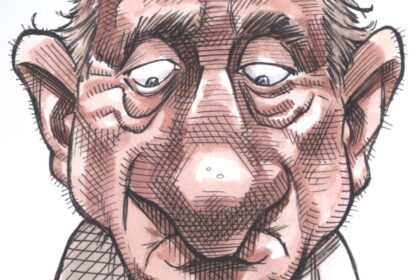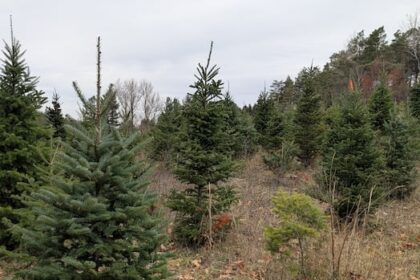Winning a Juno Award was one of the bigger goals that Sebastian Gaskin set for himself when he started doing music professionally in 2017. The Cree singer-songwriter was thrilled to cross that off his list last month when he took home the award for Contemporary Indigenous Artist of the Year for his song Brown Man. The Toronto based artist from Tataskweyak Cree Nation in northern Manitoba, says it was also a win for the people of his Nation. “There’s never been a community member who’s sort of done it on the world stage such as this. There’s just been such an incredible outpouring of support from everybody back home,” says Gaskin on the latest episode of Face to Face. “Last summer, I was invited back and they put up this billboard of me outside of the community and they presented me with this star blanket, so the outpouring of support has just been amazing.” Gaskin’s face was also on a massive billboard in downtown Toronto this March when he took over Spotify’s Indigenous playlist. The Cree multi-instrumentalist says the billboard at home holds the most meaning. “To be lifted up by the community that raised you is kind of what we all want. To be able to go back home and to be praised or celebrated. Especially as a musician, there’s such a huge part of our ego that is part of the industry, so to be supported like that felt really good,” says Gaskin. In addition to the billboards and a Juno Award, the past year has seen Gaskin also score a number one hit with his song Ghost, take home SOCAN’s Vince Fontaine Indigenous Song Award, and release his debut album LOVECHILD. Gaskin says the accolades are amazing but also not why he’s making music. “To be recognized by the Canadian music industry after doing it for so long, it’s elating, it’s very exciting but at the same time, it’s not everything you know. The reason I got into making music was to help heal myself,” says Gaskin. “I got into it when I was maybe 12, 13 years old right when I was discovering things like depression and anxiety and that sort of stuff. But I figured out that if I write down my feelings on a piece of paper or on my phone or whatever, I didn’t feel quite as bad the next day. And so I carried that into my 20’s and obviously now I’ve been lucky enough to make a career out of it and so I’m happy that my music is out in the world and helping other people heal in different way,” he adds. Gaskin comes from a long line of musicians and feels like it was in his blood to pursue a career in the industry. At the start, he shied away from writing about his Indigeneity but that changed after he started therapy. “I sort of came to the conclusion that like, why am I excluding this huge part of myself out of my music and the answer to that was that when I first started I didn’t want to be pigeonholed as the quote, unquote Indigenous artist and I wanted simply my music to speak for itself,” says Gaskin. “It was around 2020 when we all had a lot of introspection I’m sure going on. We were all isolated and stuff like that and I had that thought, why am I excluding this massive part of who I am out of my music? After going through months of introspection I wrote this song called Medicine and the song, the chorus is very blatantly pulled from a Cree round dance song and that ended up becoming one of my most well known songs,” he says. Despite only releasing his debut album two months ago, Gaskin says he has a hardrive full of songs and hopes to drop some new music soon. Continue Reading
Juno Award winner Sebastian Gaskin says accolades are also a win for his Nation
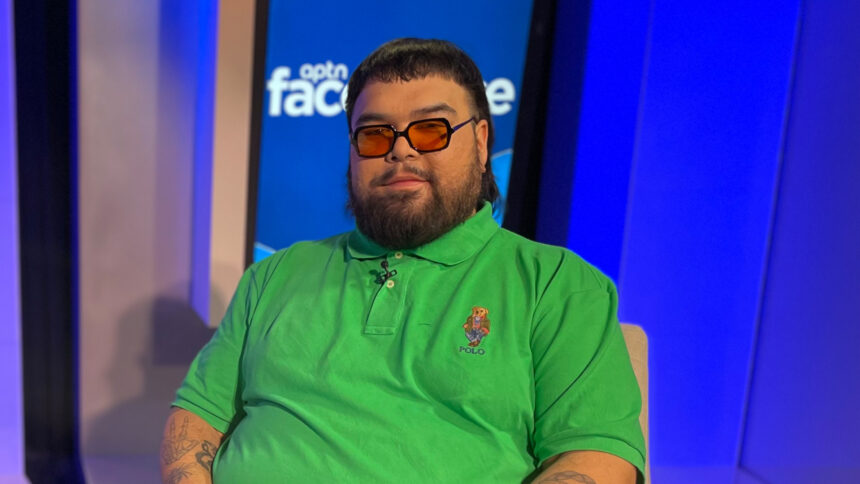
Leave a Comment


